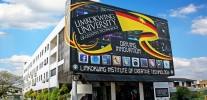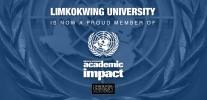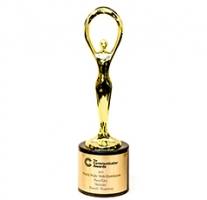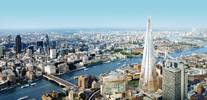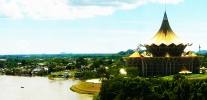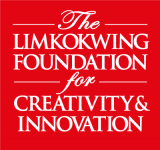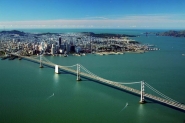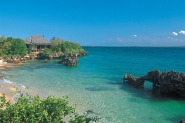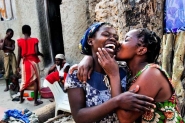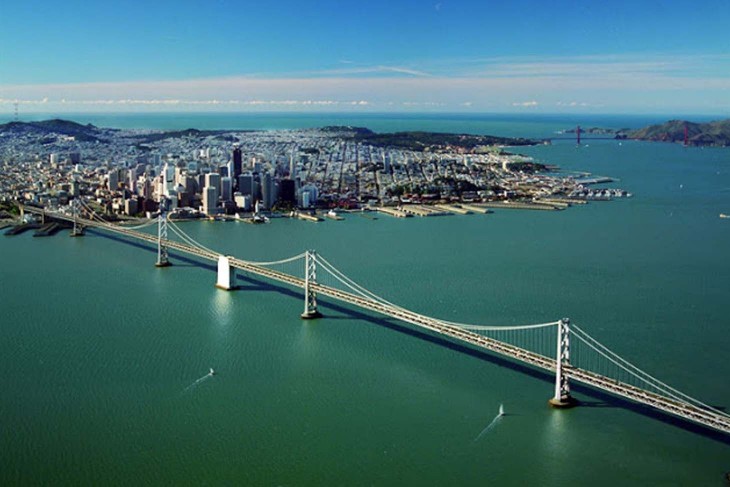 Photo Credit: tobiaskappel.blogspot.my
Photo Credit: tobiaskappel.blogspot.my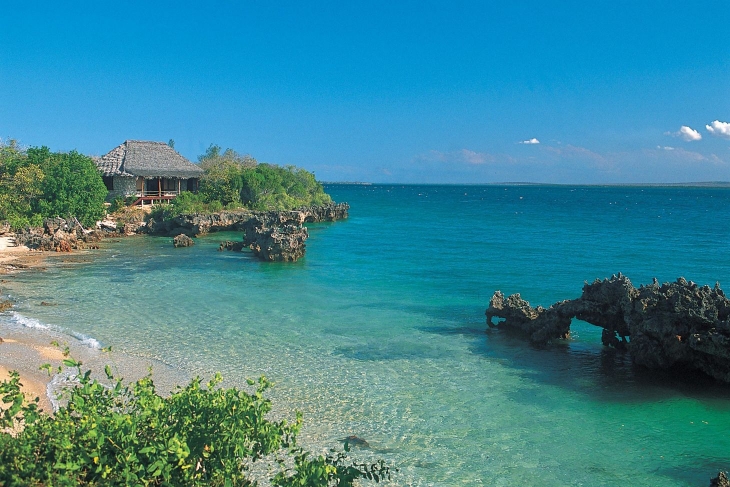 Photo Credit: africadynamics.com
Photo Credit: africadynamics.com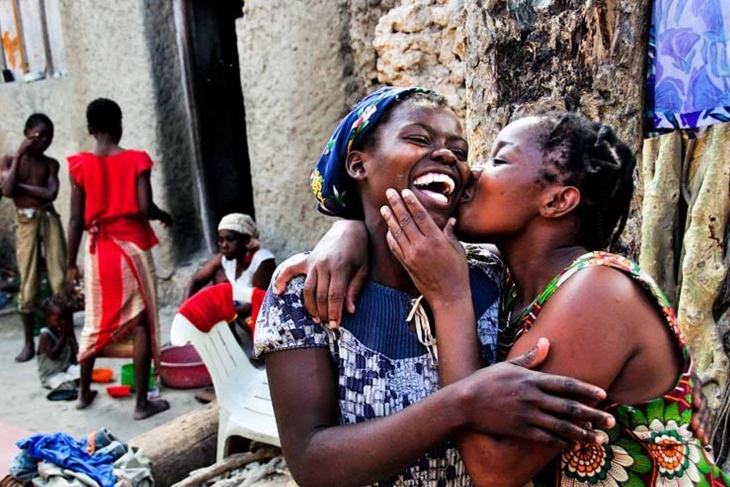 Photo Credit: travelculturemag.com
Photo Credit: travelculturemag.com
Mozambique, officially known as the Republic of Mozambique is located in Southeast Africa and is bordered by the Indian Ocean to the east, Tanzania to the north, Malawi and Zambia to the northwest, Zimbabwe to the west, Swaziland and South Africa to the southwest.
Maputo is the capital and largest city of Mozambique. It is known as the City of Acacias, due to the common growth of Acacia trees in the city. Today, Maputo is a port city, with its economy centred on the harbour.
The country was explored by Vasco da Gama in 1498 and it was colonised by the Portuguese in 1505. After more than four centuries of Portuguese rule, in 1975, Mozambique gained independence becoming the People’s Republic of Mozambique. The official language of Mozambique is Portuguese; while English is generally spoken amongst the country’s population.
Mozambique is a tropical country with two seasons. The topography of the country includes mountains, plains and coastlines. The country is also drained by several significant rivers, with the Zambezi River being the fourth-longest river in Africa and the largest flowing into the Indian Ocean from Africa.
The Mozambique Island, a calcareous coral reef situated 4 km from the mainland coast, is one of the UNESCO World Heritage Sites. The Bazaruto Archipelago, a group of six islands near the mainland city of Vilankulo, is also considered as the largest marine reserve in the Indian Ocean.
Mozambique has outstanding tourism assets. Wildlife, cultural heritages, mountains, and tropical coastlines provide the perfect opportunity for beach activities, culture and eco-tourism. Some of Mozambique’s unique attractions include Africa’s second largest artificial lake, Cahora Bassa, and ‘the place where Noah parked his Ark’, Gorongosa National Park.
The economic sector of Mozambique ranges from manufacturing and agriculture to tourism and finance. Other industries that constitute the country’s economy are chemicals, petroleum products, beverages textiles and aluminium.
Since the early 2000s, Mozambique’s annual average GDP growth has been among the world’s highest. Due to the recent discoveries of oil and gas across East Africa, the region has been enabled to emerge as a new participant in the global oil and gas industry and it is expected to become one of the fastest growing countries in the near future.



